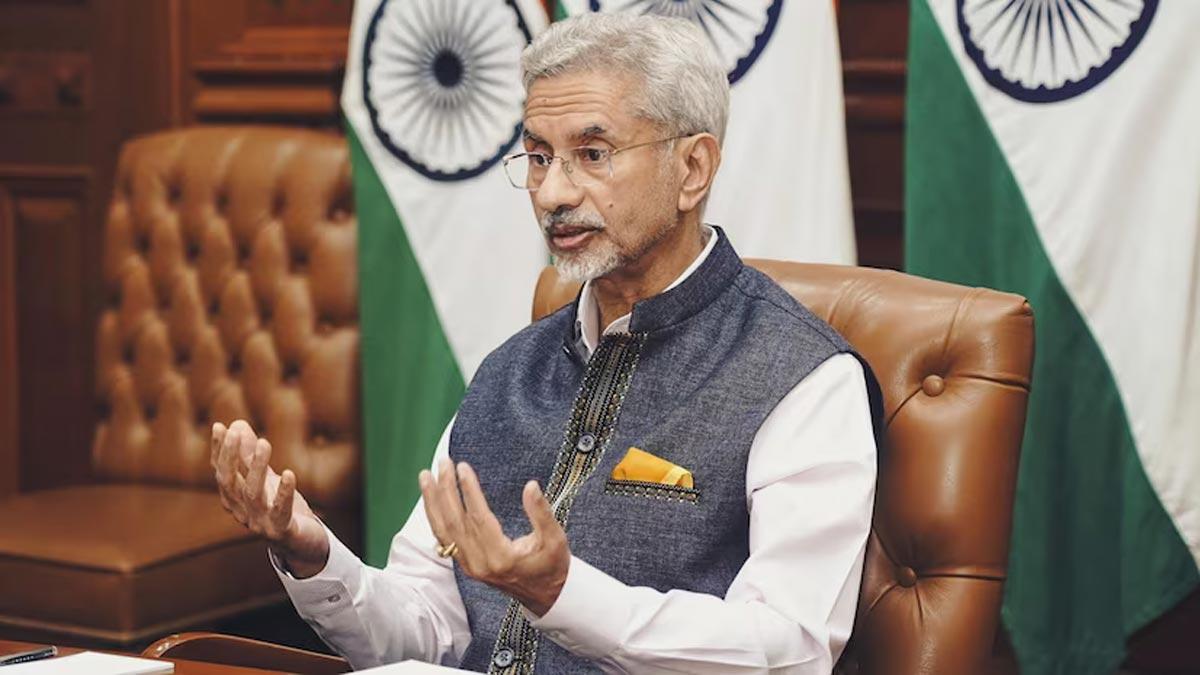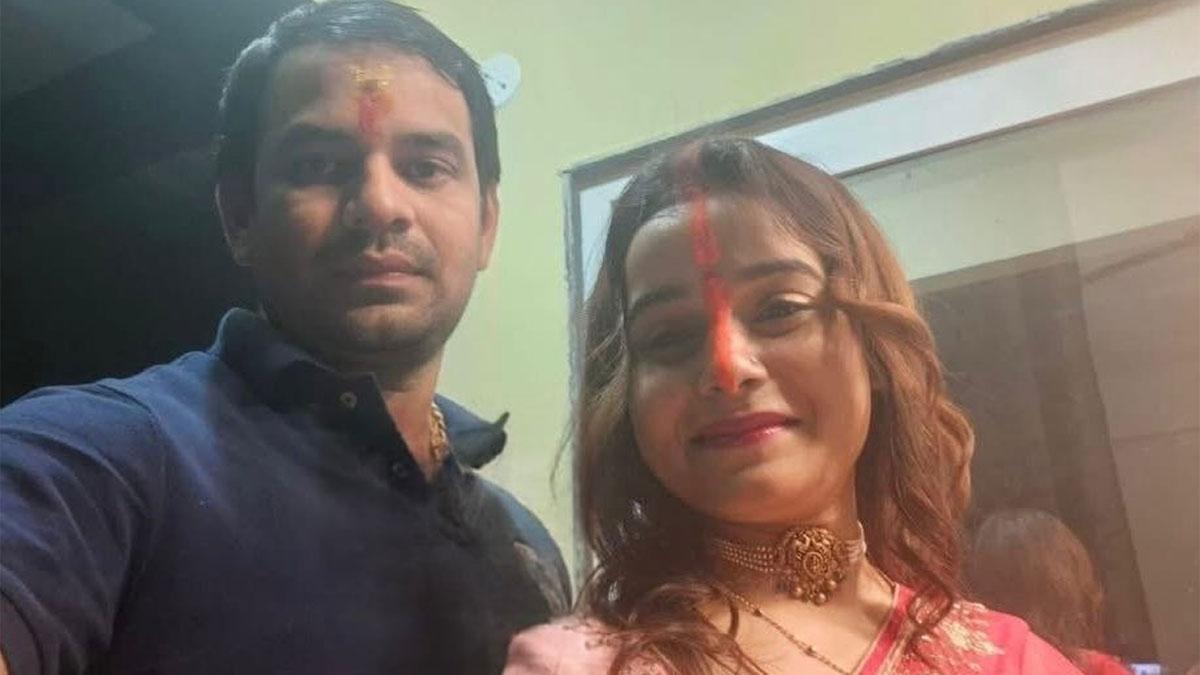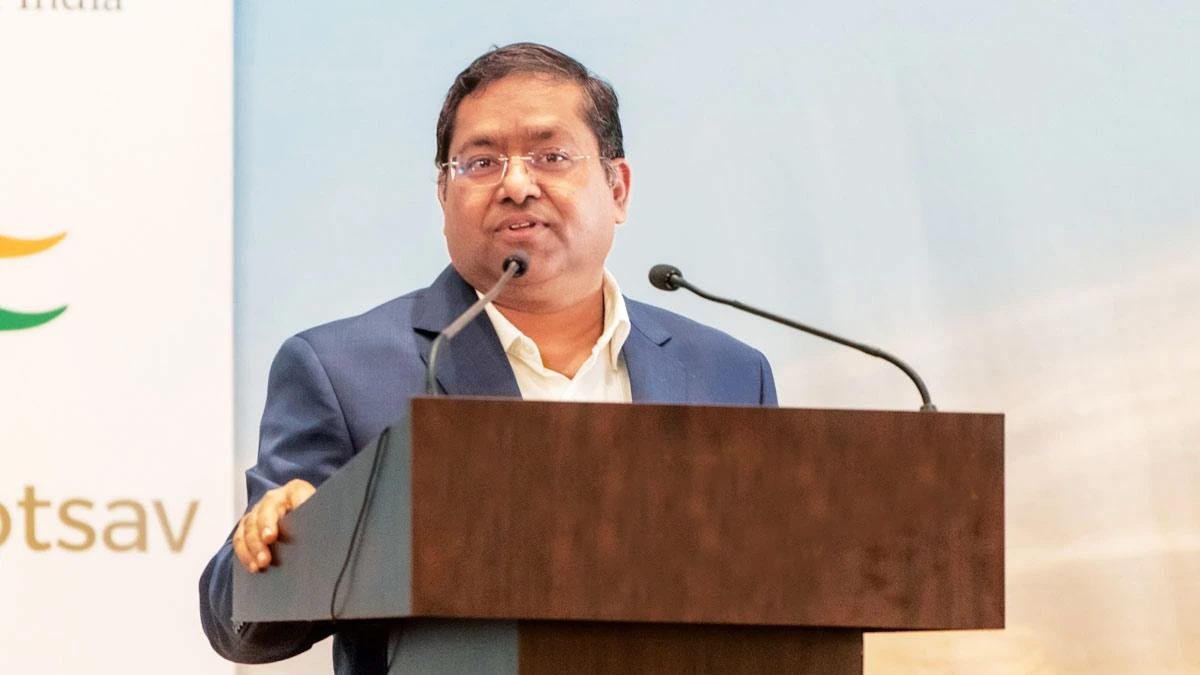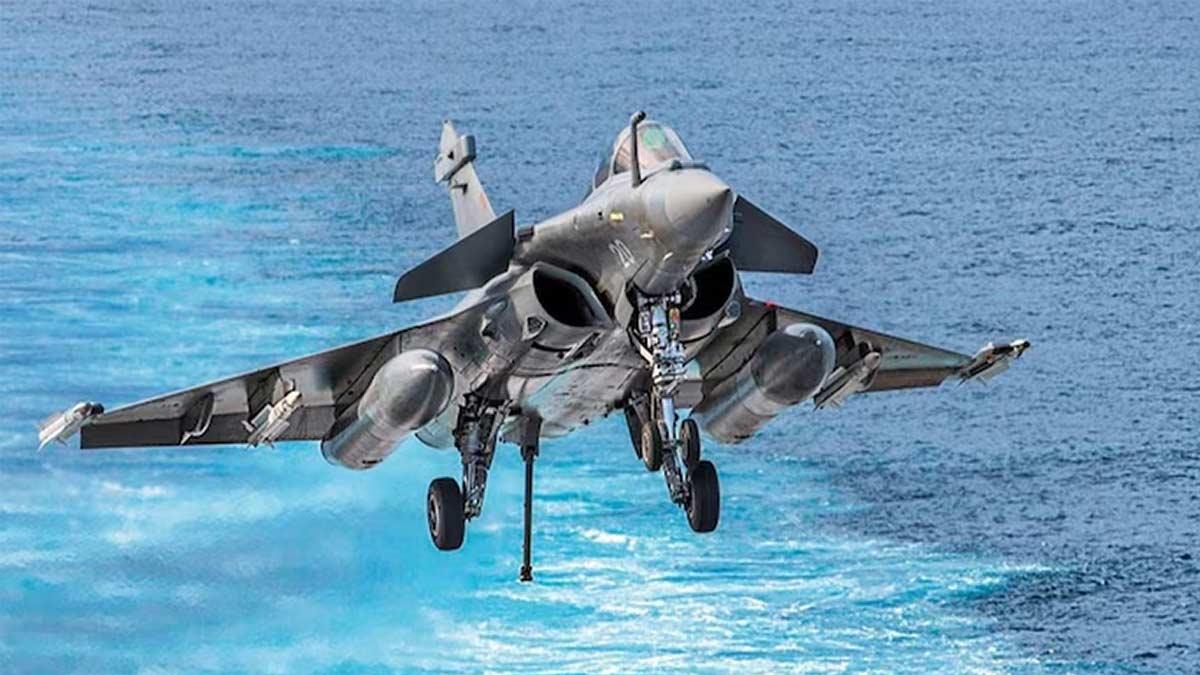On Monday, S. Jaishankar, the External Affairs Minister, claimed that Operation Sindoor was conducted in line with the United Nations Security Council's April 25 statement urging accountability after the Pahalgam killings.
Referring to UNSC's announcement, Jaishankar stated, "The Council statement on April 25 demanded that its perpetrators be held accountable and brought to justice. We have since seen that happen."
He stressed that the counter-operation targeted terrorist leaders and facilities associated with the Pahalgam killings—operatives suspected to have been hosted by Pakistan. In his view, Islamabad merely ramped up tensions after the operation was already carried out.
"What that response highlights is of larger importance, the message of zero tolerance for terrorism," he said, underscoring the wider implications of India's armed response.
Jaishankar delivered these comments while inaugurating an interactive digital installation called "The Human Cost of Terrorism" at the United Nations. The exhibit was launched a day before Pakistan took the rotational presidency of the UN Security Council for July. Strategically located at the main entrance of the UN headquarters, the installation will be the first thing top-level diplomats see when they enter the building.
The exhibit spans four decades of world terror from the 1985 Canada-based extremists' Air India bombing to the recent Pahalgam attack by The Resistance Front, a splinter group of the Pakistan-supported Lashkar-e-Taiba. Comprising 29 most important incidents, it gives a world picture—from the 9/11 attacks in the United States and the 2005 London bombings, to the 2002 Bali nightclub bombing, the 2003 Baghdad bombings, and the Crocus City Hall massacre in Moscow in 2024.
Though Jaishankar refrained from directly mentioning Pakistan or Operation Sindoor, his mention of the UNSC resolution made the context absolutely clear.
The April 25 Council statement had stated:
"The members of the Security Council underlined the need to hold perpetrators, organisers, financiers, and sponsors of this reprehensible act of terrorism accountable and bring them to justice."
It also underlined the necessity for international cooperation, asserting:
"Members emphasized that those culpable of these murders should be brought to account, and called upon all states, pursuant to their international law obligations and the pertinent Security Council resolutions, to actively cooperate with all concerned authorities in this context."
Pakistan, which is an elected non-permanent member of the Council at present, was forced to sign up to the statement under strong diplomatic pressure from other member states.
Describing the underlying motive behind the exhibition, Jaishankar said that terrorism is diametrically opposite to the founding principles of the United Nations. He highlighted the threats posed by state-sponsored extremism and the need to tackle it in a forthright manner.
"When terrorism finds support from a state against its neighbour, and when extremism's bigotry fuels an entire host of illicit behaviour, one needs to call it out," he said.
"By one means or another, it is possible to show the destruction it has caused in the international society."
Jaishankar concluded, "Today's exhibition is not just a presentation of pictures, videos and histories, it is a statement of our common responsibilities", urging countries to come together against terrorism.
India's UN Permanent Representative, P. Harish, reiterated that view. He characterized the show as, "a statement of our common humanity to the gallery of human courage. Each moment, each memory, each artefact and every word tells the tale of. ordinary men and women."
Read also| Post Op Sindoor: India Fast-Tracks Launch of 52 Defence Surveillance Satellites
Read also| Witnessing 16 Sunrises a Day: Indian Astronaut Shares Life Aboard the ISS


















